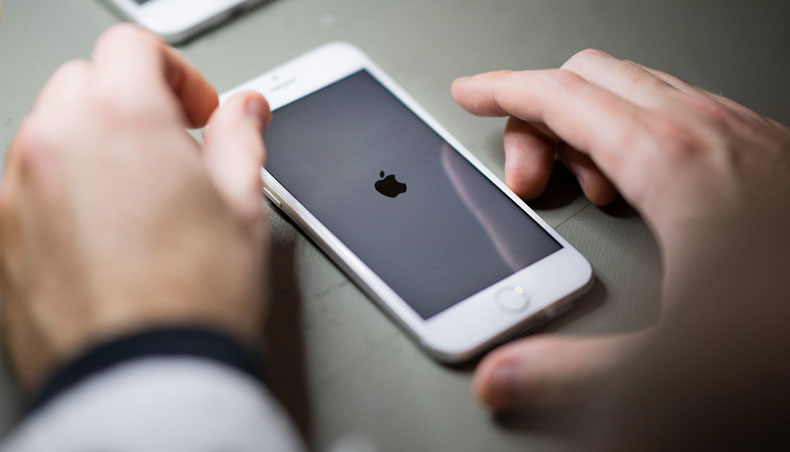Images on Apple gadgets will be scanned by means of a two-pronged system that will look for content material that could be classified as Child Sexual Abuse Materials (CSAM). While baby safety organizations applaud the move, digital privacy advocates and business associates are raising red flags that the technology could have broad-based ramifications on individual privacy.
Apple NeuralMatch
It uses Apple’s NeuralMatch tool, which checks for photos before they’re uploaded to iCloud and scans the content of iMessage messages before they’re sent, as part of the mechanism. According to Apple, the Messages app will use machine studying on the device to warn users about sensitive content material, while keeping personal communications out of Apple’s grasp, according to the company.
NeuralMatch will compare the photos to a database of child abuse imagery, and if a flag is raised, Apple employees will manually review the photos. When child abuse is confirmed, the Nationwide Center for Missing and Exploited Children (NCMEC) in the United States will be notified. The Cupertino-based tech giant stated at a briefing Friday, a day after its preliminary announcement of the mission, that it will roll out the system for checking photographs for child abuse imagery “on a country-by-country basis, relying on native legal guidelines.”
Nonetheless, this transfer is viewed as creating a backdoor into encrypted messages and providers. In a blog post, the California-based non-profit Digital Frontier Basis stated that Apple isn’t the only tech company to bend its privacy-protective stance in an effort to combat child exploitation. This option, however, will come at a high price in terms of public privacy in general. In its proposed backdoor, Apple can go into great detail about how its technical implementation will protect privacy and security, but in the end, even a backdoor that has been meticulously documented, carefully planned, and narrowly focused is still a backdoor.
“It is impossible to build a client-side scanning system that can only be used for sexually explicit photos sent or acquired by children,” the non-profit said. “In this case, the external stress is not causing the slightest change in a fully constructed system.”
According to Apple, the program is “bold,” and “these efforts will evolve and broaden over time.” Apple’s move has focused attention once more on governments and law enforcement authorities looking for a backdoor into encrypted providers, and consultants are looking for indicators that establish if Apple has shifted course in a fundamental way from its stance as an upholder of individual privacy rights.

iCloud
Reuters reported less than a yr in the past that Apple was working to encrypt iCloud backups end-to-end, effectively preventing the machine maker from turning over readable versions of them to law enforcement agencies. As a result of the FBI’s objections, this was dropped. As a result of the most recent mission, the proposed system will undoubtedly be used to monitor multiple types of content material on iPhone handsets.
Will Cathcart, CEO of Facebook-owned messaging service WhatsApp, criticized Apple’s decision in a tweet: “I learned the data Apple released yesterday and I’m concerned.” That, in my opinion, is the wrong approach and a setback for people’s privacy all over the world. People have asked if we will use this method for WhatsApp. The answer is no.”
“A surveillance system built by Apple would scan personal content the company or a government decides monitor. Apple would operate the system. There are a variety of different definitions of what is appropriate in countries where the iPhone is sold”, he argued.
iMessage vs WhatsApp
There are an estimated 25-30 million people in India who use Apple’s iMessage service, whereas WhatsApp has two billion international users, including 400 million in India.
NSO Group exploited iMessage and WhatsApp flaws to give its authorities clients access to their targets’ gadgets by installing spyware and adware, as was the case in the Pegasus scandal. Human rights activists, journalists, political dissidents, constitutional authorities, and even heads of government are among the targets of this attack.
In India, the federal government has requested that certain messages or posts on important social media intermediaries be traced back to their originator by way of the IT Middleman Guidelines. Consultants say that Apple’s decision could set a precedent for the federal government to have access to encrypted communication programs, despite the fact that firms like WhatsApp have opposed traceability.